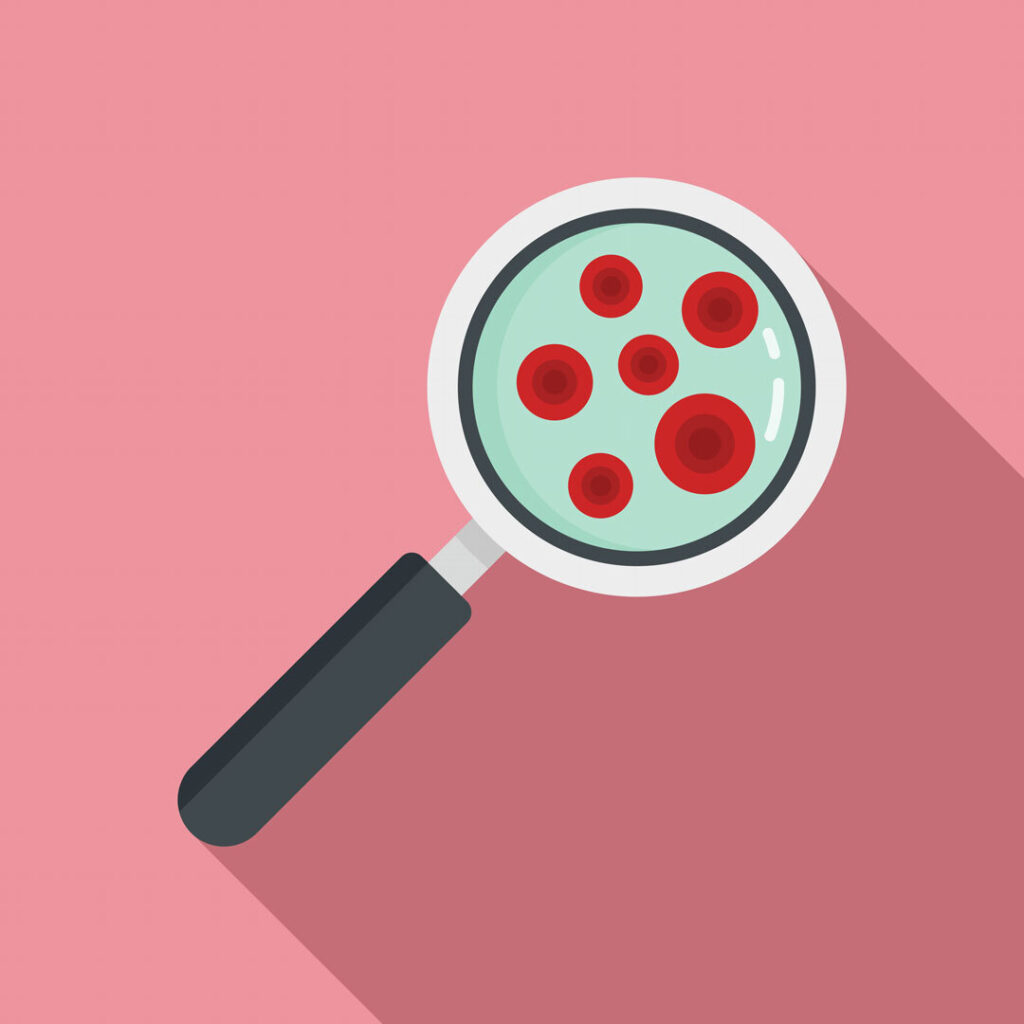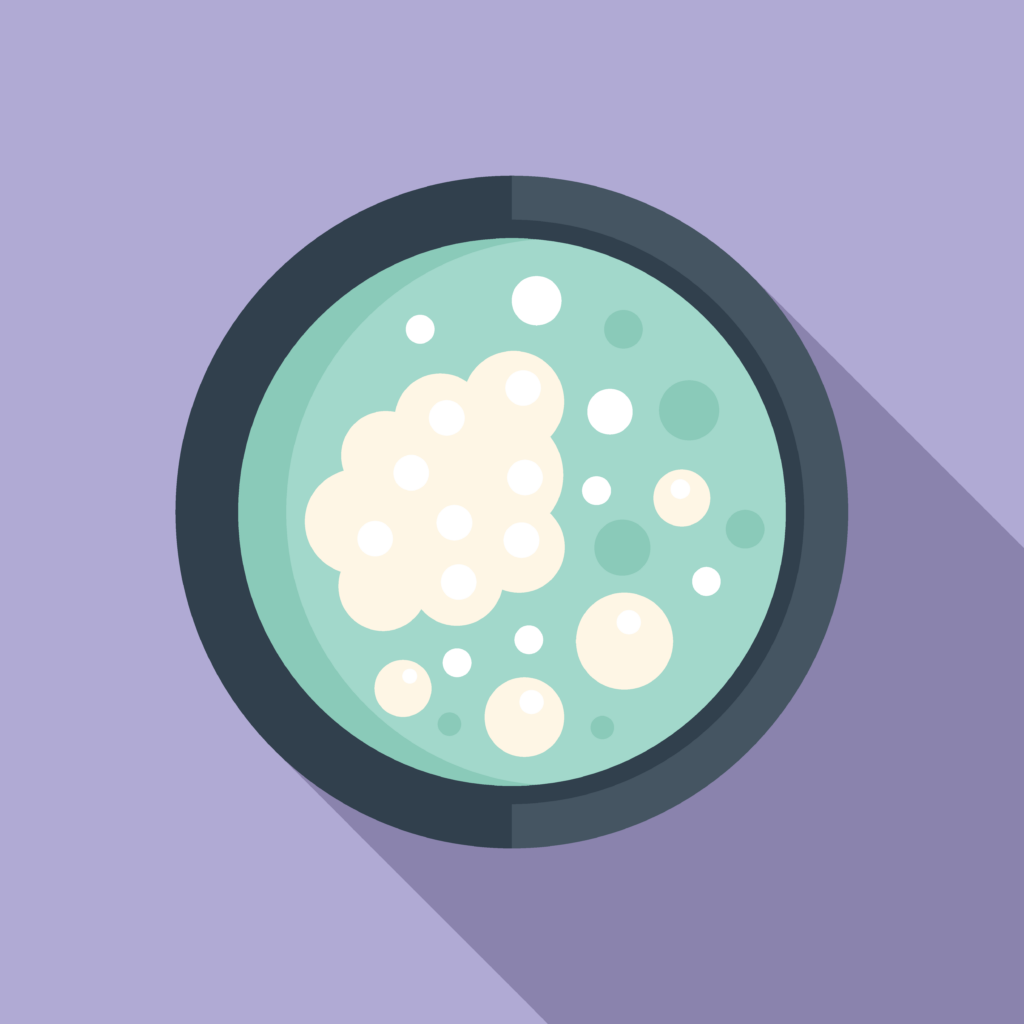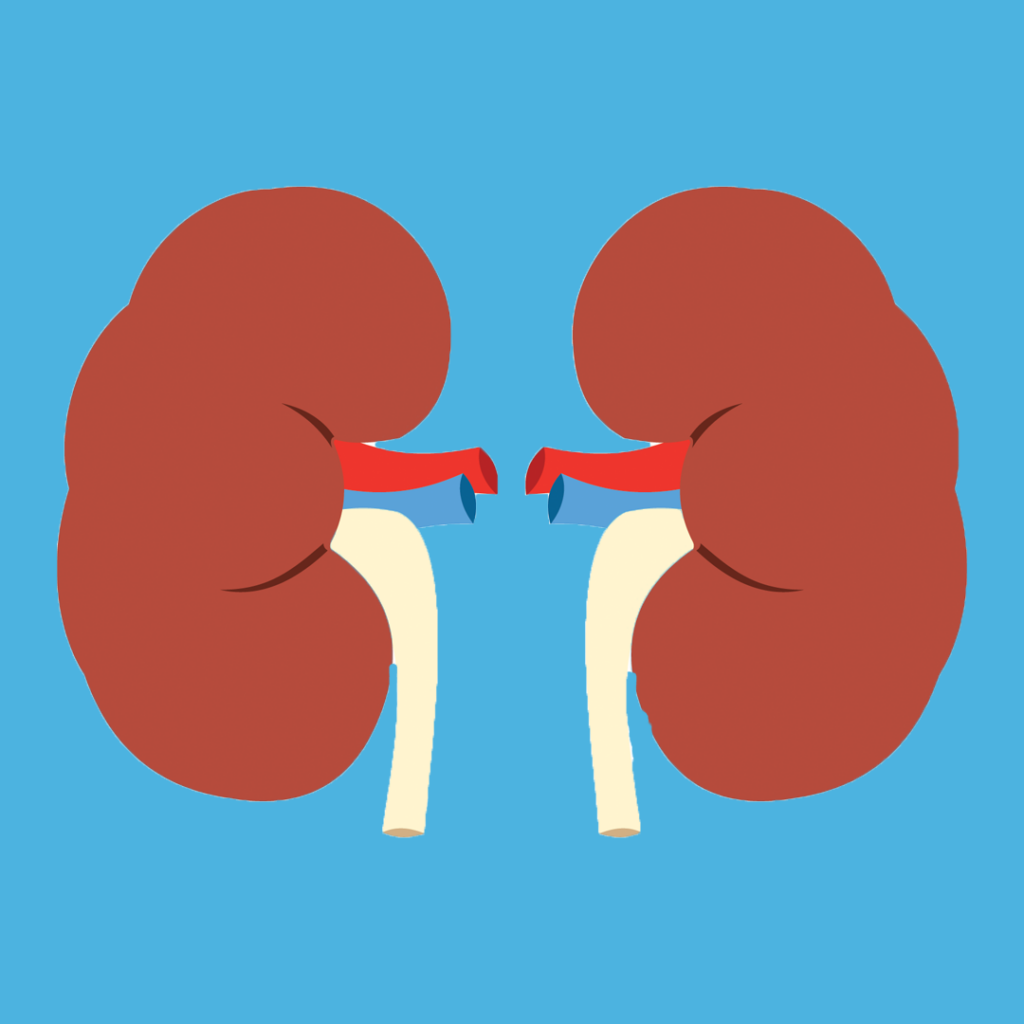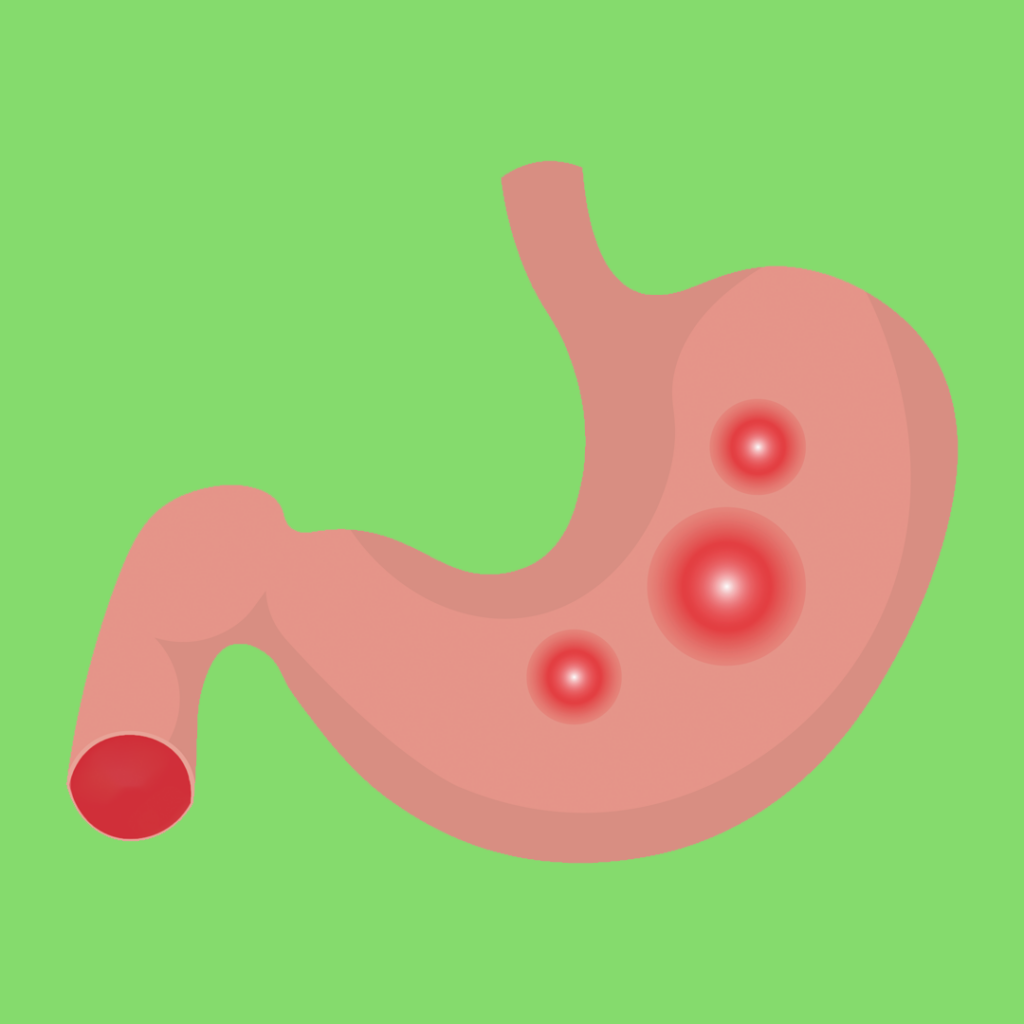All about zinc and kidney stones
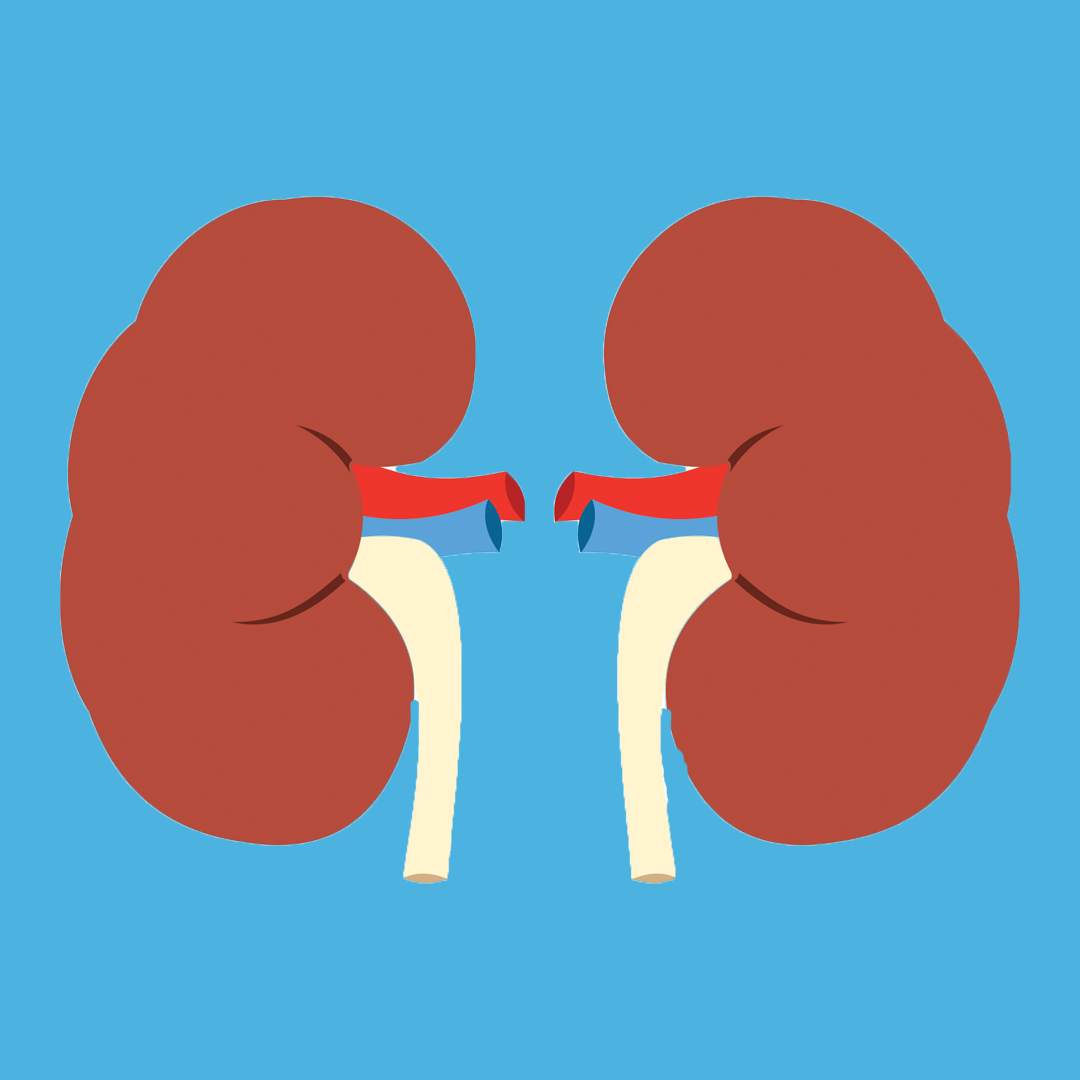
Questions answered in this article:
When it comes to your body’s detox system, your kidneys are the frontrunners. From filtering out unwanted toxins to balancing hormones, the kidneys do a lot to support our overall health. So it’s only fair that we return the favour by learning what we can do to support them.
One of the most common conditions that affects the kidneys are kidney stones. Some research suggests that zinc can play a role in supporting kidney health, and others say it may be creating more problems. Here’s everything you need to know about the role your kidneys play within the body and where zinc fits in.
Getting familiar with your kidneys
Your kidneys are two fist-sized organs located in your lower back on either side of the spine. They have many responsibilities including filtering waste products, excess water, and other impurities from your blood. These waste products are kept in the bladder and excreted through urine.
The kidneys also regulate pH, salt, and potassium levels within the body. Additionally, they’re responsible for producing hormones that control the production of red blood cells and regulate blood pressure levels.
What are kidney stones?
If you’ve ever had kidney stones or know someone who has experienced them, you know how painful they can be. Kidney stones form as a result of the crystallization of minerals and salts within the kidneys. The stones typically form when the urine becomes concentrated, which allows minerals to crystallize and stick together. The most common type of stones to form are calcium stones. This happens when calcium combines with other compounds found in your food such as oxalate, phosphate, or carbonate. While there are many causes for kidney stones, some common causes include not drinking enough water, consuming a poor diet, and genetics.
A kidney stone will not cause any symptoms until it starts to move within the kidney or passes into one of the ureters (tubes that carry urine from the kidney to the bladder). Some common symptoms of kidney stones include:
- Severe, sharp pain in the side and back area below the ribs
- Pain that radiates to the lower abdomen and groin
- Pain or burning while urinating
- Pink, red or brown urine
- Consistently feeling the need to urinate, urinating more often than usual or urinating in small amounts
- Nausea and vomiting
- Fever and chills
Zinc's role in kidney health
While some research suggests that zinc can help you avoid getting kidney stones, others say that zinc can cause kidney stones as well. Which is true? Well, both statements are actually true.
Although zinc may not be able to prevent kidney stones from forming, it can help lower their severity. Studies show that zinc interferes with the crystallization patterns of kidney stones. In other words, zinc can help limit the size of the crystals. Zinc does this by breaking the larger kidney stones into smaller stones that are less painful and easier to pass. Researchers tried to use other ions that are commonly found in urine, like magnesium, to see if they would have an impact on lowering kidney stone severity. They found that these ions had little to no effect and zinc had a major effect on interfering with the crystal surfaces of the stones.
However, studies also show that during this process, zinc alters the surface of the crystals. What does this mean? Well, it results in the growth of new crystals. So, when it comes to how much zinc your body needs, it’s important to stick to the recommended dietary allowances (RDA) for this mineral. The RDA as per Health Canada is 11mg/day for men and 8mg/day for women. This ensures that your body is getting all the zinc it needs to thrive, without interfering with your kidney health.
Zinc’s role in kidney health goes both ways. It plays a major role in reducing the size of kidney stones, but it may also be contributing to the growth of smaller stones. The good news is that there is still ongoing research in this area to truly understand how zinc can be beneficial in supporting kidney health.


